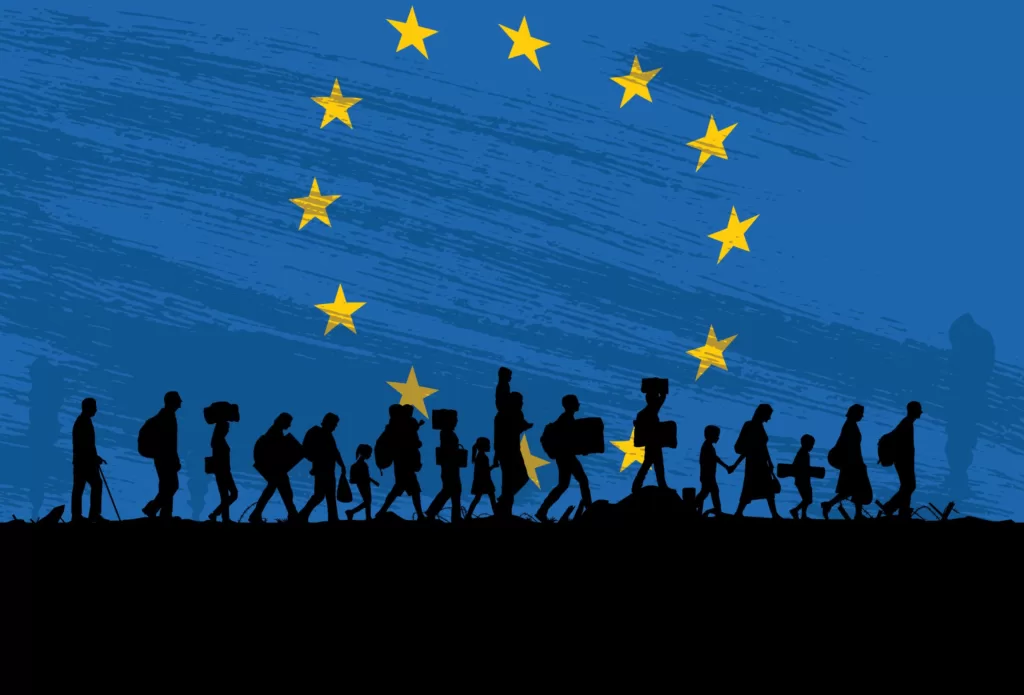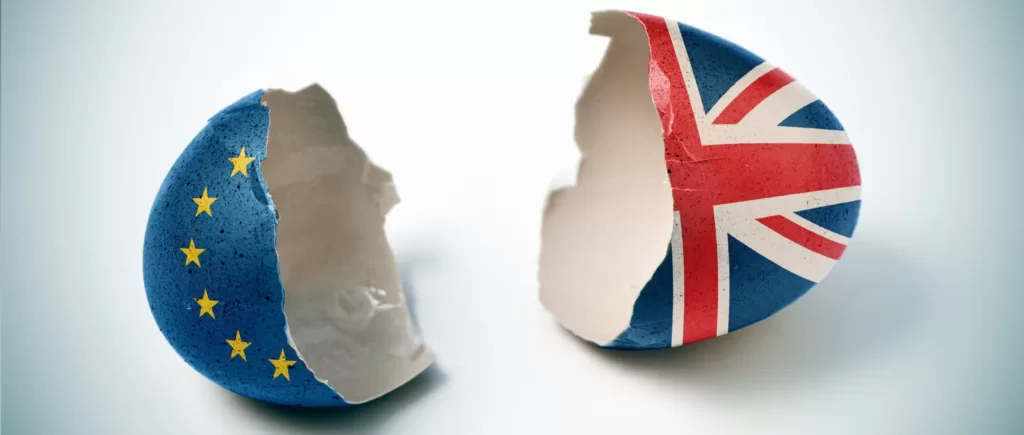How Can Universities Use Big Data to Tackle Inequality?



A huge 60% of students would be less likely to choose to travel to the US for higher education if Donald Trump became president, according to a survey carried out by FPP EDU Media and Intead, which was completed by more than 40,000 students in over 100 countries. In stark comparison, only around 4% of

The Syrian refugee crisis has left hundreds of thousands of people stranded across Europe. Of those, many are highly-educated and qualified, and many more would have been, had they had the opportunity to study. Understandably, a vast number do not have the requisite documents with them in order to prove any credentials they hold, making

The United Kingdom of Great Britain and Northern Ireland made a decision on 23 June that will affect not only the future of the nation, but the future of the EU as a whole. The full fallout of Brexit remains far from clear, and it’s as impossible to predict the full implications as it was

A recent report from Hobsons, which surveyed more than 40,000 prospective students from over 200 nations, confirms the importance of career prospects as a primary motivation for intentional study. The survey was completed by both prospective undergraduates and postgraduates, accounting for 61% and 35% of responses respectively. The remaining participants were looking at foundation, vocational

Improved data collection has enabled QS to expand its unique ranking of universities in Eastern Europe and Central Asia (EECA) from 150 to 200 institutions. But there is still remarkable stability at the top. A total of 24 countries are represented in the 2016 edition of the ranking. Once again, Russia has by far the